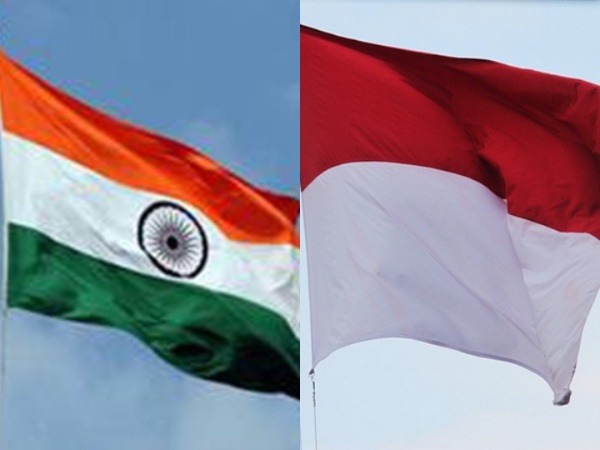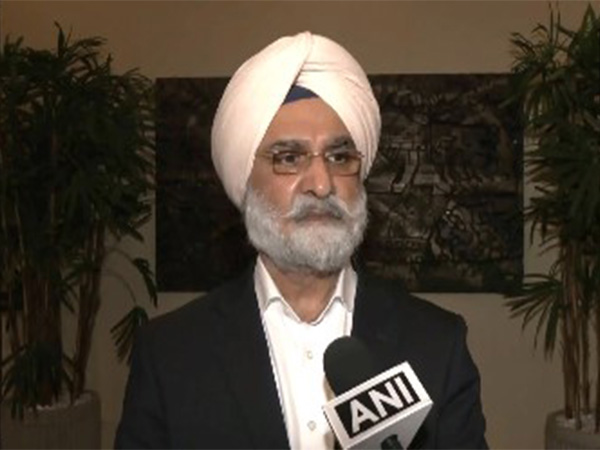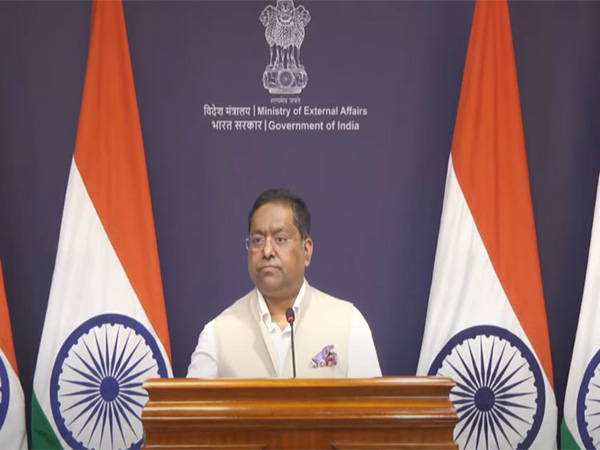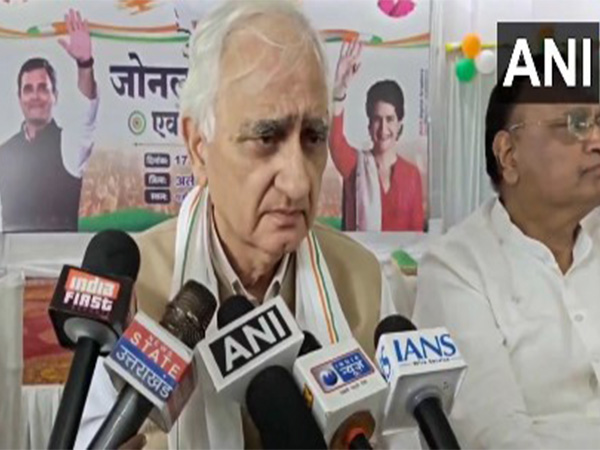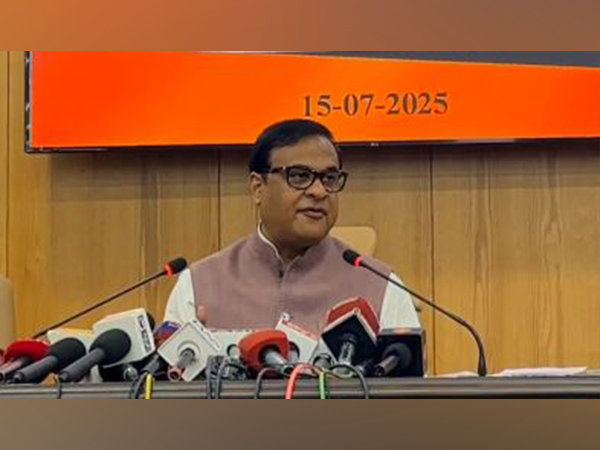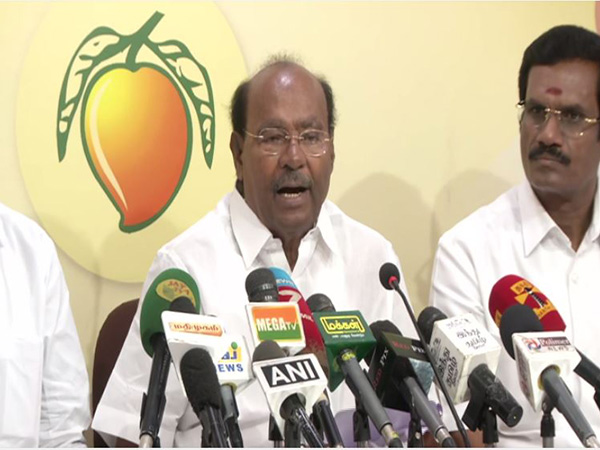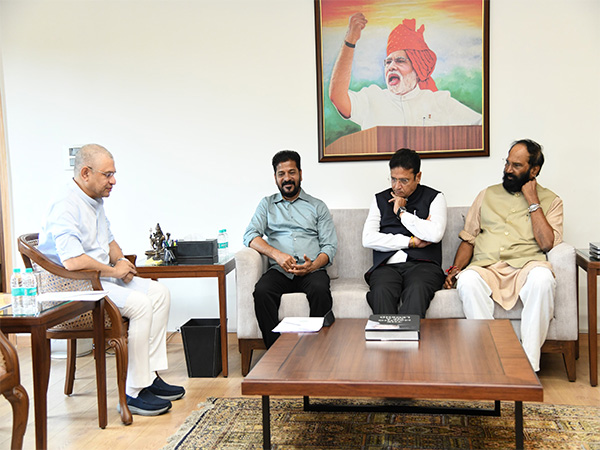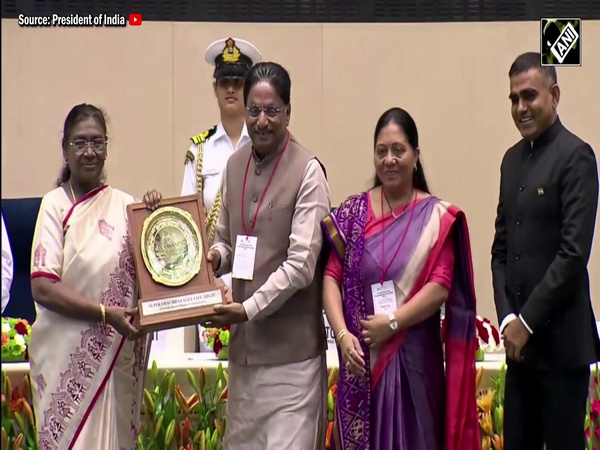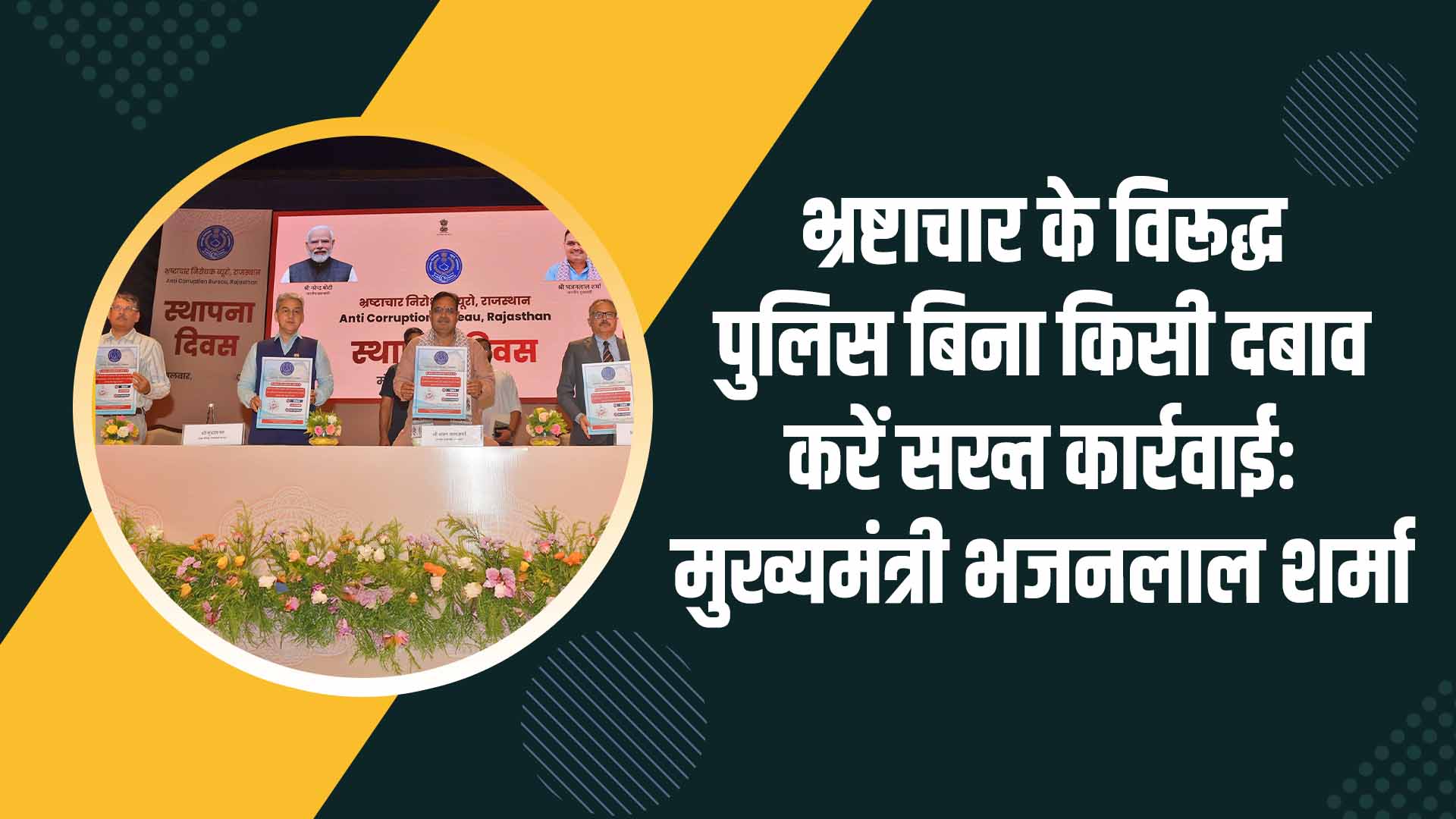India blocks China's IFD in WTO, it's unlikely to feature in final outcome: Sources
Feb 28, 2024

By Sahil Pandey
Abu Dhabi [UAE], February 28 : India on Wednesday blocked the China-led Investment Facilitation Development Agreement (IFD) in the World Trade Organization (WTO), so the proposal is unlikely to be mentioned in the outcome document of the ministerial conference.
"India and South Africa blocked the IFD proposal in WTO. It may not be mentioned in the final outcome document," official sources said.
Along with India, South Africa also joined the WTO to block the Investment Facilitation Development Agreement.
The 123-member group led by China tried to forward a proposal in the working group meeting on development.
Earlier, India maintained IFD as a non-trade issue in the forum.
Official sources said the IFD is an agreement among the Belt and Road Initiative (BRI) countries and is led by vested interests.
Such pacts come under Annexure 4 of the WTO which deals with plurilateral agreements.
As per the WTO, the Investment Facilitation for Development (IFD) Initiative, was originally launched in the spring of 2017 by a group of developing and least-developed WTO members.
The IFD initiative aims to develop a global agreement on IFD to improve the investment and business climate and make it easier for investors in all sectors of the economy to invest, conduct their day-to-day business and expand their operations.
India calls investment facilitation for a development proposal backed by China at the World Trade Organization (WTO), a non-trade issue.
As per the WTO, ministers representing 123 WTO members issued on February 25, a Joint Ministerial Declaration marking the finalisation of the Investment Facilitation for Development (IFD) Agreement and made it available to the public.
"India believes the WTO should deal with issues related to trade, and this (IFD) is a non-trade issue," the official said.
The group wants to bring the proposal through Annexure 4 of the WTO, under which the proposal would be binding on only the signatory members and not on those who are opposed to it.
